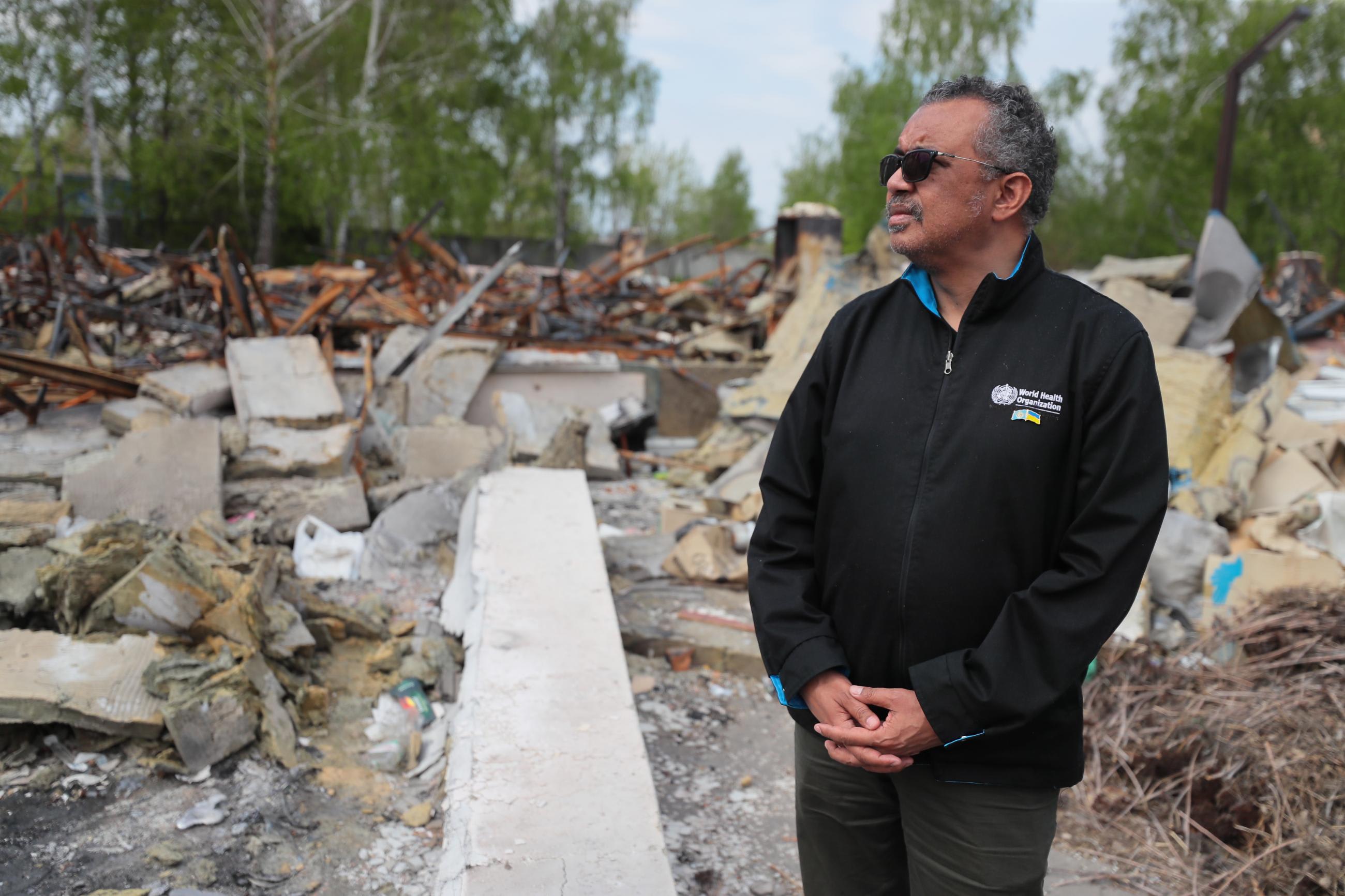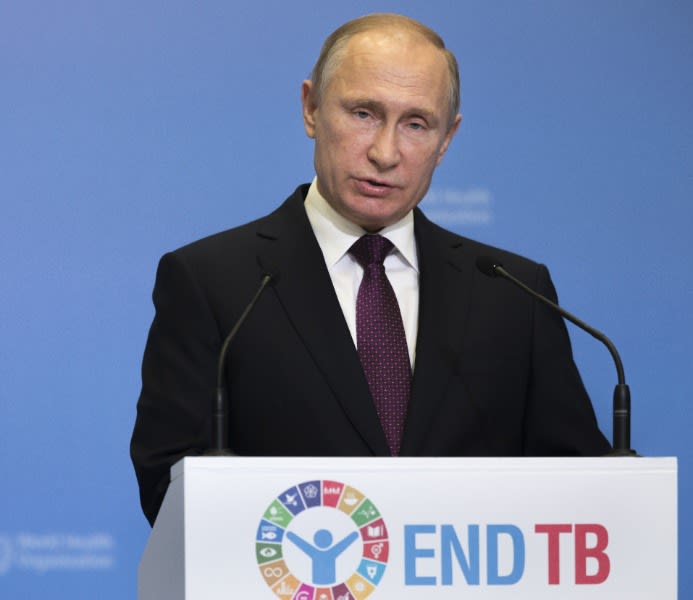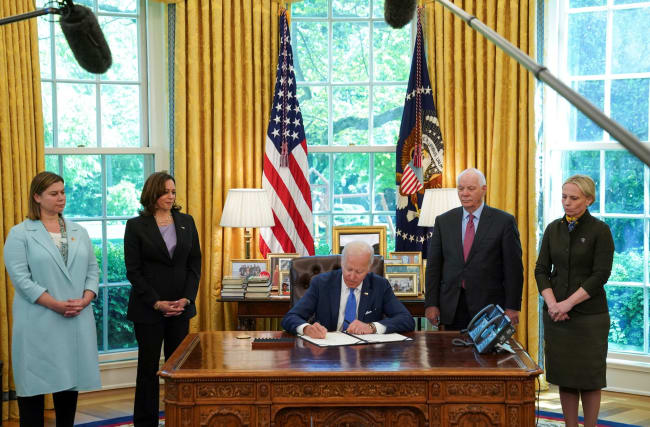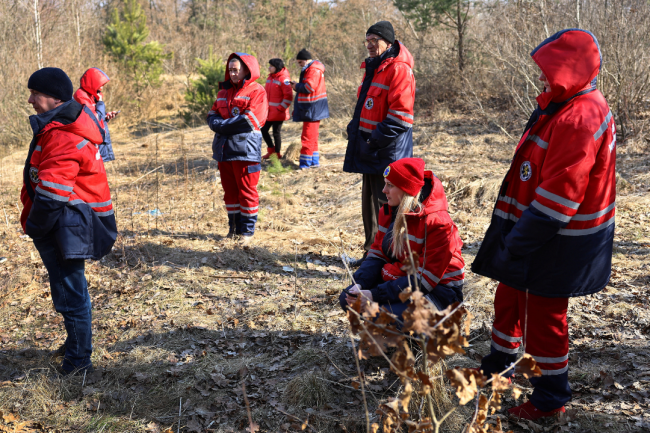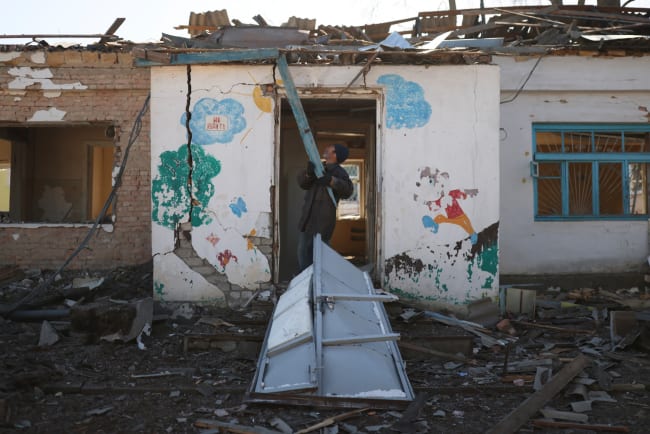Although the World Health Organization (WHO) has avoided overt criticism of Russia, last week its European branch passed a resolution condemning the Russian Federation for creating an international health emergency with its invasion of Ukraine. While largely symbolic, the resolution could lead to the closure of the WHO office in Moscow and opens the door to further censure of Russia at the World Health Assembly, which meets next week.
In his address to the European Committee (EURO), WHO regional director for Europe Hans Kluge highlighted the "unthinkable levels of human suffering" and the direct health consequences of war, including at least 3,382 civilian deaths, 235 of whom were children. Another 13 million people are now displaced and 16 million need humanitarian assistance. Kluge also underscored the more than 200 documented attacks on Ukrainian health facilities and the gaps in health care left by bombed hospitals. The WHO estimates that 40 percent of Ukrainian households have at least one member in need of treatment for a chronic illness that they can no longer access, resulting in at least 3,000 premature, avoidable deaths.
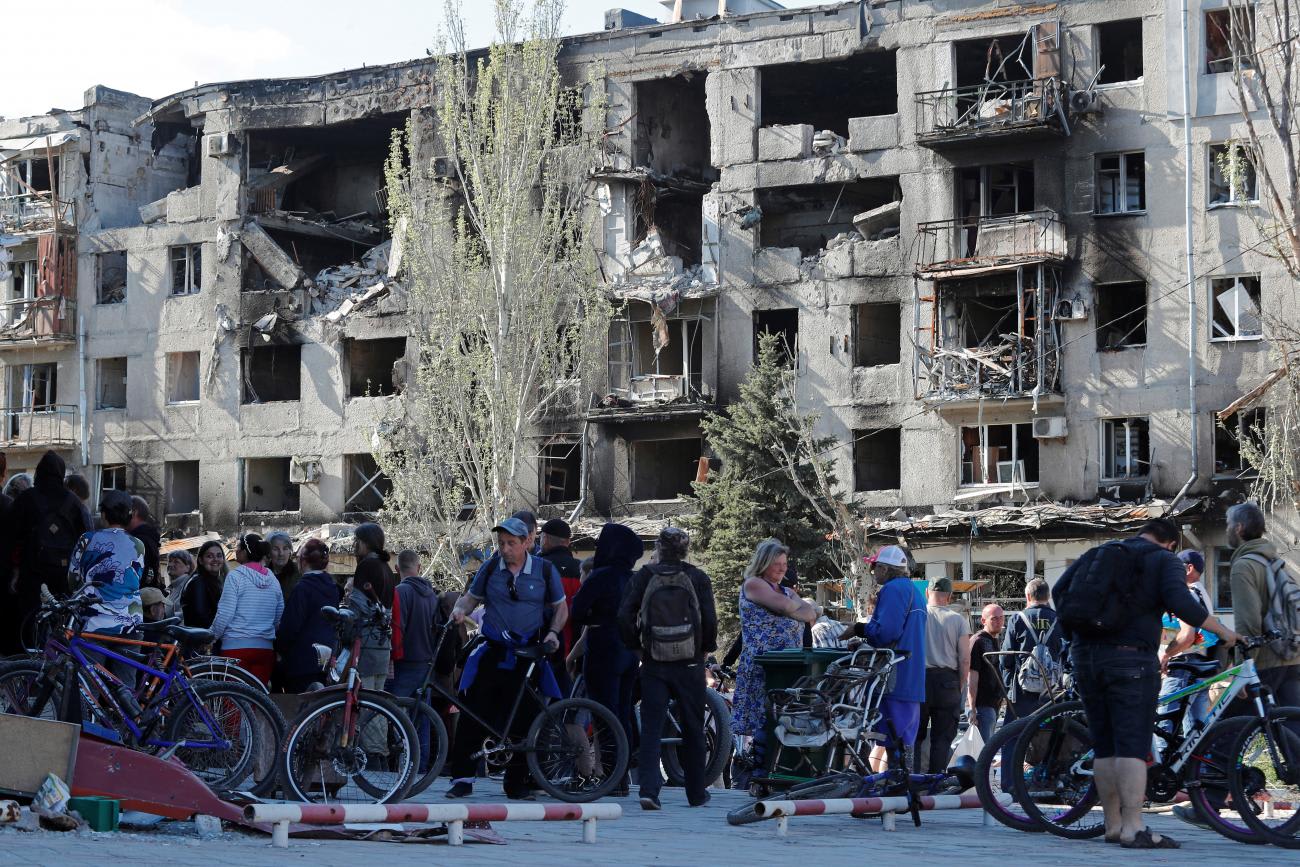
A Tougher Stance on Russia
The resolution, while non-binding, marks a rhetorical shift. "Until the resolution this week, the WHO's response to Russian aggression has been a case study in conflict-averse use of passive voice: plenty of condemnation of attacks on Ukrainian health facilities, but little acknowledgment of who was actually doing the attacking," observed Judyth Twigg, professor of political science at Virginia Commonwealth University.
According to David Fidler, senior fellow for global health at the Council on Foreign Relations (CFR), the resolution is uncharacteristic of the WHO, which typically avoids taking overtly political stances. "Looking back over my decades of work on global health, I cannot recall the WHO health assembly, executive board, or any regional committee condemning and proposing to punish a WHO member, let alone a great power, for military activities that threaten health."
Fidler notes that the EURO Resolution's description of the health damage caused by the Russia-Ukraine conflict includes nothing not identified in past wars. "The WHO European office acted without precedent," he added.
40 percent of Ukrainian households have at least one member in need of treatment that they are unable to access
The EURO resolution also raises larger questions about Russia's role in global health cooperation. Russia is currently a member of the WHO executive board, which steers WHO priorities and is home to a WHO regional office in Moscow that specializes in the prevention and treatment of noncommunicable diseases. But Russia's targeted destruction of health facilities in Ukraine and Syria is in direct opposition to the WHO mandate of promoting and protecting health. Consequently, the European resolution calls for the suspension of meetings in Russia and could lead to the relocation of the Moscow office. Ukraine, for its part, has submitted a request for it to be moved to Kyiv.
For some, such a move would be welcome. Twigg has pointed out that while Russia's contributions to global health leadership have been targeted in areas of its own self-interest, the WHO office in Kyiv has been an energetic and effective partner for Ukrainian health reformers for many years. "Its material and technical support to the Ukrainian health ministry during the war has been hugely significant. It's largely because WHO Ukraine has been such a key partner that more serious and direct WHO condemnation of Russia's actions is so important."
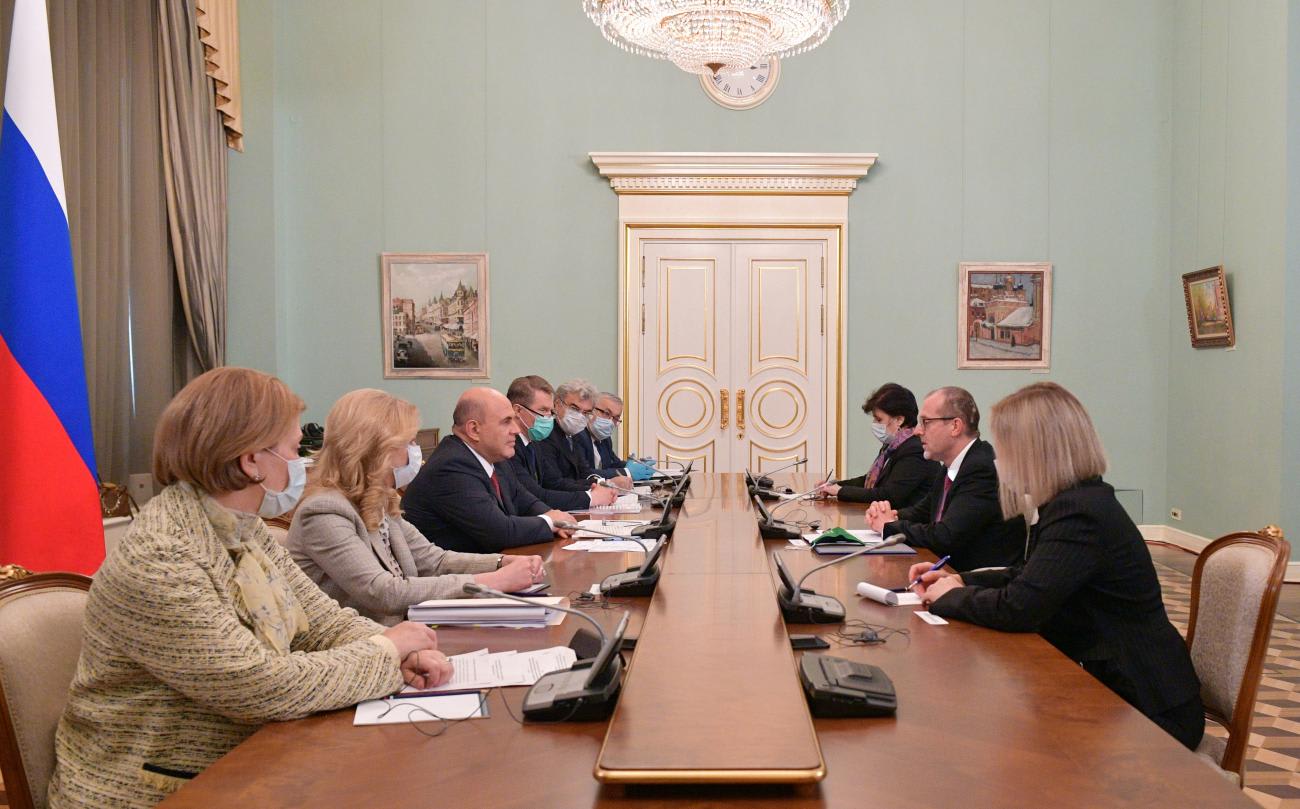
Robbing Russia of its Vote
Some, including the Ukrainian Ministry of Health, are calling for the WHO to go even further by stripping Russia of its voting rights when the entire organization meets at the WHA in Geneva next week. Former Ukrainian Deputy Minister of Health Pavlo Kovtoniuk has advocated for not only the suspension of Russia's voting rights, but its removal from the WHO Executive Board, and thrown Belarus into the pot as well.
Legal expert Lawrence Gostin, who is also an advocate for Russia's geopolitical isolation, has noted that it's not the first time a country was suspended from voting in the WHO. In 1964, just after it codified its apartheid policy, the WHO stripped South Africa of its voting rights at the WHA following a resolution by over 30 African and Middle Eastern states. Article 7 of the WHO constitution permits the suspension of voting rights if countries fall behind in paying their dues, or under "exceptional circumstances." Although several Western countries objected to the resolution, citing the nebulous and ill-defined nature of the term "exceptional circumstances," South Africa's explicit policy of racial discrimination was determined to be in violation of the WHO mission. South Africa did not regain its voting privileges until the end of apartheid in 1994.
But obstacles remain. Restricting Russia's privileges at the WHA would require a simple majority vote, and therefore the buy-in from of non-European states, many of whom have chosen to remain neutral on the Ukraine war. Others observe that even if such an action is possible, it might not be wise. Russia is far from the only country that has started a war or waged a targeted campaign on health facilities, raising the question if Russia, why not others as well?
David Fidler warns that "Politically, the resolution will likely make global health diplomacy more difficult. WHO members already face hard decisions at the upcoming WHA meeting. EURO's condemnation of Russia and the proposal to close WHO's Moscow office could agitate the geopolitical competition that damaged the global response to COVID-19."
Even if Russia 'quits before it's fired,' the WHO still has important soul-searching to do
As the World Health Assembly approaches next week, the WHO has a choice to make regarding its mission that will influence its credibility as a health advisor and advocate going forward. Any perception that the WHO is making an arbitrary or political decision could jeopardize member participation and cooperation. On the other hand, preserving Russia's position and decision-making power in global health leadership also discredits the WHO as a protector of health.
But while the WHO deliberates, Russia may well beat it to the punch. Yesterday, Russian officials submitted a proposal to withdraw from the WHO and several other international organizations to the State Duma, Russia's main legislative body in response to the European resolution. Such a move would echo the Soviet withdrawal from the WHO from 1949 to 1955. But even if Russia 'quits before it's fired,' the WHO still has important soul-searching to do.
